Researchers in China, US develop binder-free high-silicon-content flexible anode for Li-ion batteries
Green Car Congress
DECEMBER 2, 2019
A team from Zhejiang A&F University, Huazhong University of Science and Technology (HUST), and Stanford University have developed a binder-free, flexible, and free-standing electrode comprising an unprecedented 92% silicon content for Li-ion batteries. 1 (Li 15 Si 4 ). —Wang et al. —Wang et al.

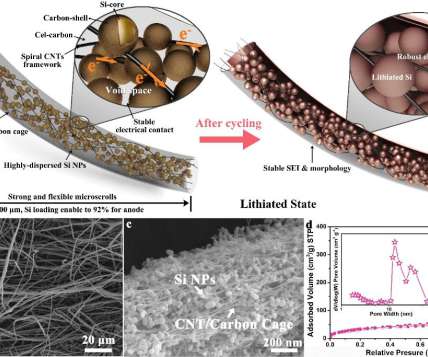



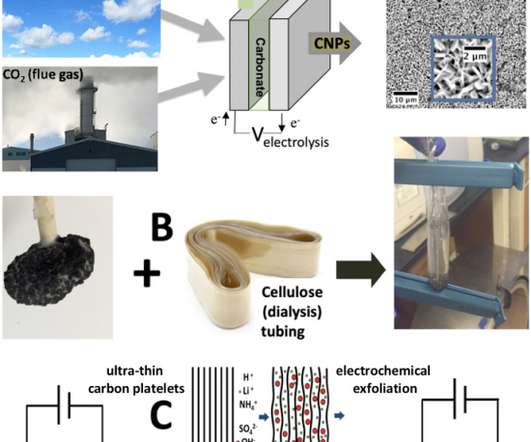
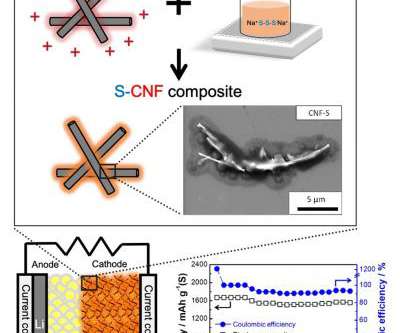



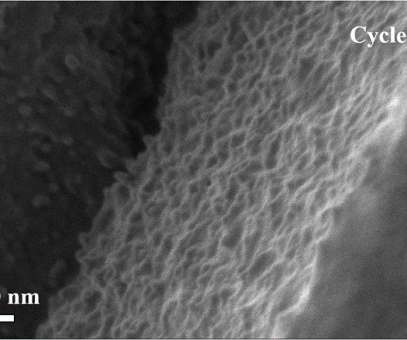


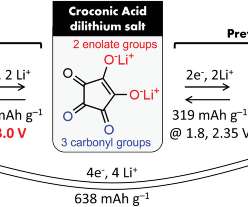



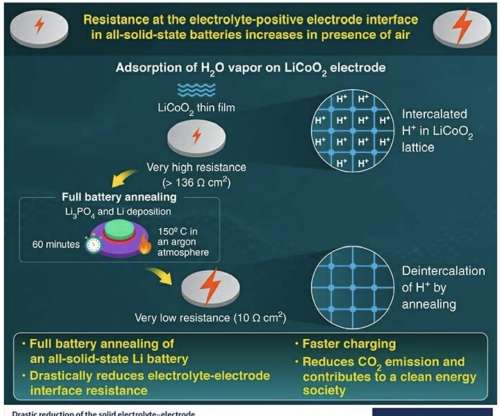




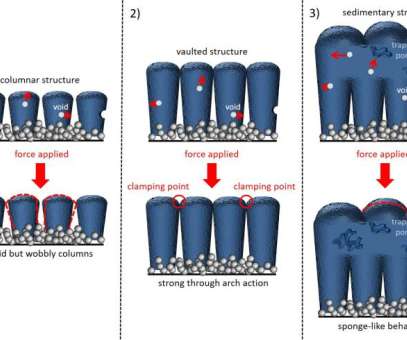
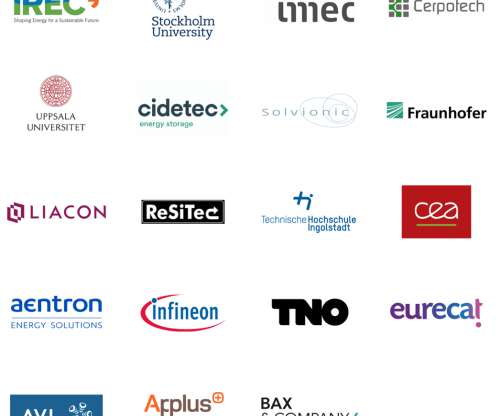

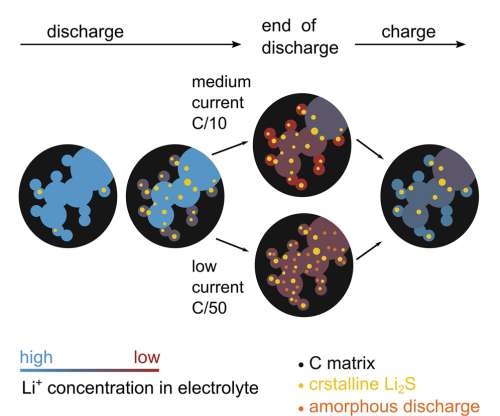















Let's personalize your content